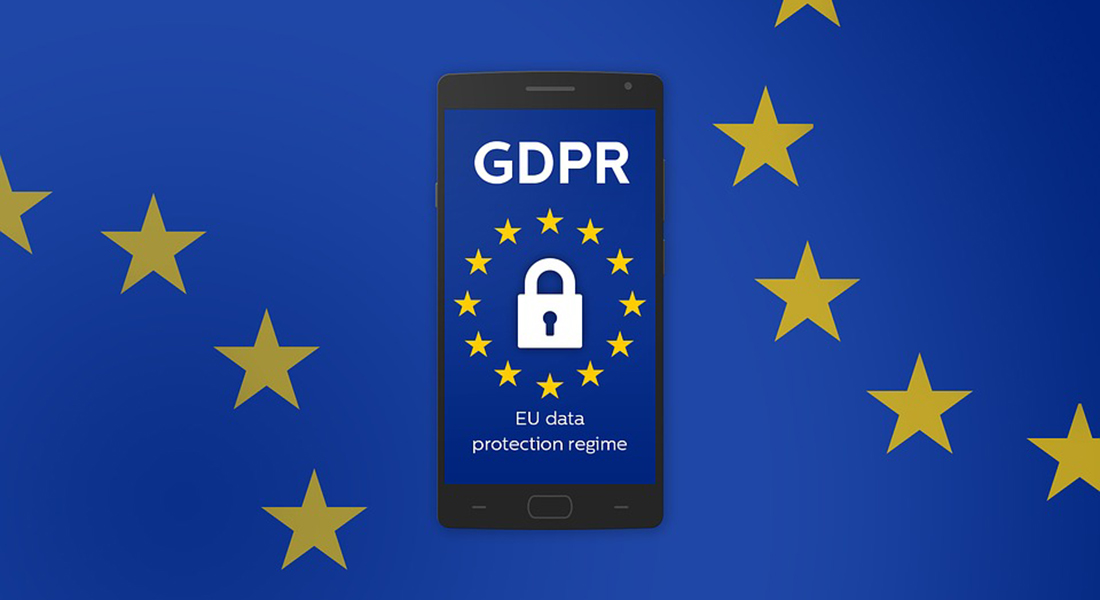Data Governance after GDPR
The Role of Data Protection Officers
The Ethics and Politics of Data Governance research project aimed to understand how organizations are changing their approaches to data protection and information security through an ethnographically informed examination of Data Protection Officers.

THE PROJECT IS COMPLETED
With the acceleration towards a data-driven market economy and public sector, private companies and public institutions are changing their organizational setups to incorporate mechanisms for managing and governing data. While having employees that oversee the acquisition, storage and application of data is by no means new, the recent introduction of both national and international legislation (especially GDPR), has obligated companies, organizations and institutions – public as well as private – to appoint or hire “Data Protection Officers” (DPO).
More specifically, the project examined the introduction of Data Protection Officers in different sectors and domains in Denmark, with the aim of understanding what this new role means for the practical implementation of data ethical standards and mechanisms within companies, organizations and institutions. The project involved conducting interviews with Data Protection Officers in addition to ethnographic participant observation at meetings, workshops and/or seminars within organizations. Finally, the project also involved scraping online data in order to probe the social networks and profiles of DPOs at a more systematic level.
In addition to research, the project also informed the courses and workshops on data governance and ethics at SODAS. Specifically, the project contributed to the summer course entitled Data Governance: Ethics, Law and Politics.
Contact to researcher
Associate professor
Kristoffer Langkjær Albris
University of Copenhagen
Department of Anthropology and SODAS
Phone: +45 26 20 23 77
Mail: kristoffer.albris@anthro.ku.dk
